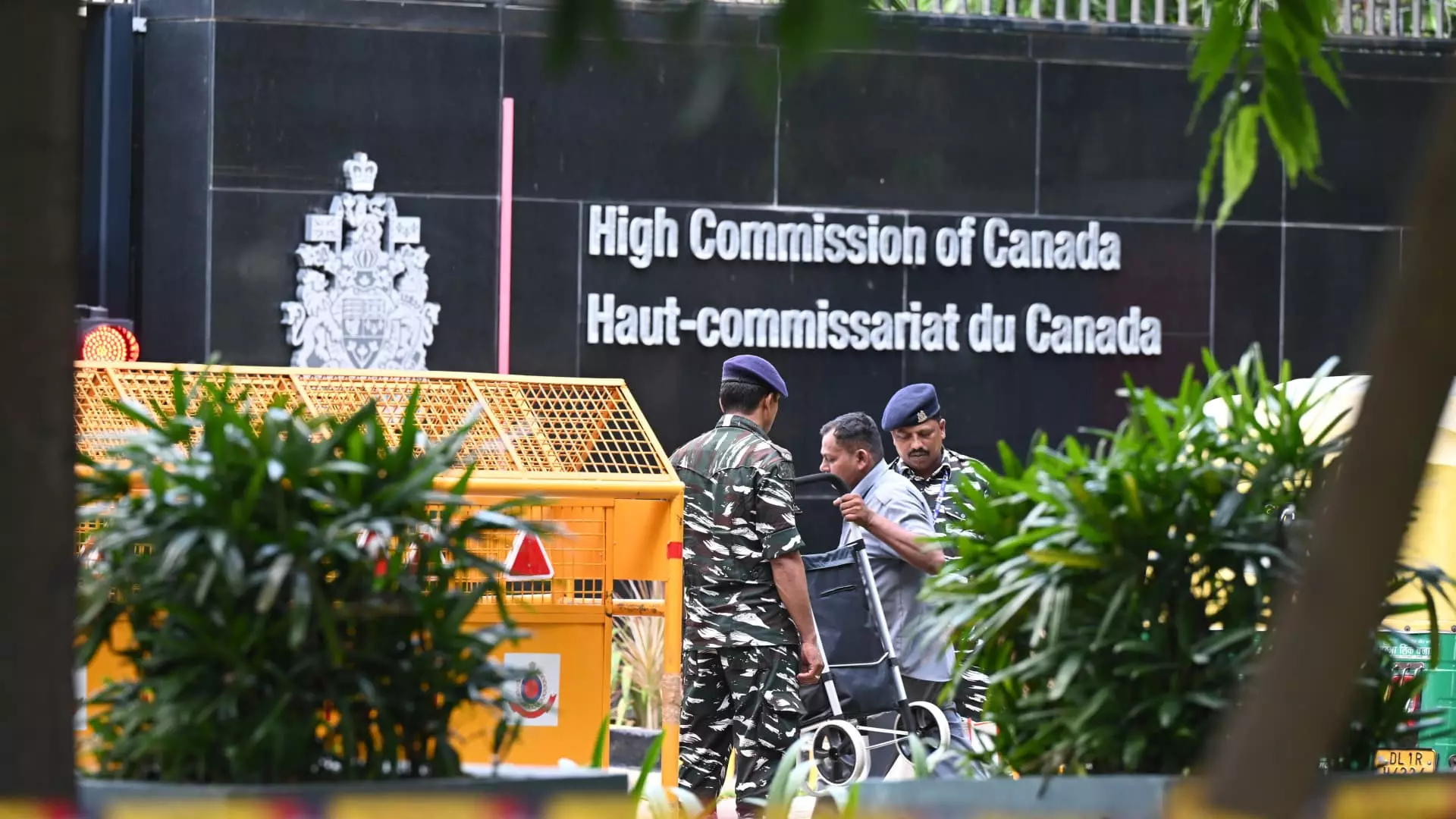Canada has recently made the decision to recall 41 diplomats and their families from India after New Delhi issued an ultimatum that diplomatic immunities would be revoked unless Canada complied with demands for equal diplomatic staffing. In response to this threat, the Canadian Foreign Ministry confirmed that India has formally communicated its plan to remove immunities unilaterally for all but 21 Canadian diplomats and their dependents in New Delhi. Consequently, Canada’s diplomatic presence in India has been drastically reduced as its largest source of new migrants, causing the temporary suspension of in-person services at consulates in Bengaluru, Chandigarh, and Mumbai. With this move, Canada’s High Commission in New Delhi becomes the only place in India where the country can offer its services.
The strained relationship between Canada and India reached its breaking point in September when Canadian Prime Minister, Justin Trudeau, made claims of “credible allegations” that the Indian government was behind the extra-judicial killing of a Sikh separatist in Canada. This accusation exacerbated the already growing tensions between the two nations, leading to reciprocal diplomatic expulsions. As a result, India issued a travel warning for its citizens, suspended visa applications for Canadians, and demanded parity in diplomatic staffing. This forced Canada to reduce its staff numbers in India, further escalating the bilateral crisis.
India’s decision to unilaterally revoke diplomatic privileges and immunities was met with strong disapproval from Canada. The Canadian government argues that such actions are in violation of international law, specifically the Vienna Convention on Diplomatic Relations. Canada has condemned India’s approach as “completely unreasonable and escalatory,” stating that diplomatic immunities should be respected and cannot be unilaterally revoked by a host country. Additionally, Canada expressed concern over the potential consequences of allowing this norm to be broken, as it would potentially endanger diplomats worldwide.
The staffing dispute and subsequent fallout between Canada and India have significant implications for the overall bilateral relationship. India’s decision to target Canada’s diplomatic presence in the country reflects a strategic move to assert its power and convey its discontent. This move not only affects diplomatic operations but also impacts the large population of Indian immigrants in Canada, many of whom rely on consular services for various needs. The suspension of visa applications and limited consular services in India can disrupt the lives of these individuals, leading to further strain between the two nations.
As the diplomatic standoff persists between Canada and India, it is crucial for both nations to find a resolution that satisfies their respective concerns. Engaging in meaningful dialogue and negotiations are key to de-escalating tensions and mending diplomatic ties. Respecting the principles of the Vienna Convention on Diplomatic Relations and upholding international norms of diplomacy should guide the path towards a peaceful resolution. Both countries must prioritize the well-being of their citizens and the strength of their bilateral relationship in order to navigate through this challenging period.


Leave a Reply